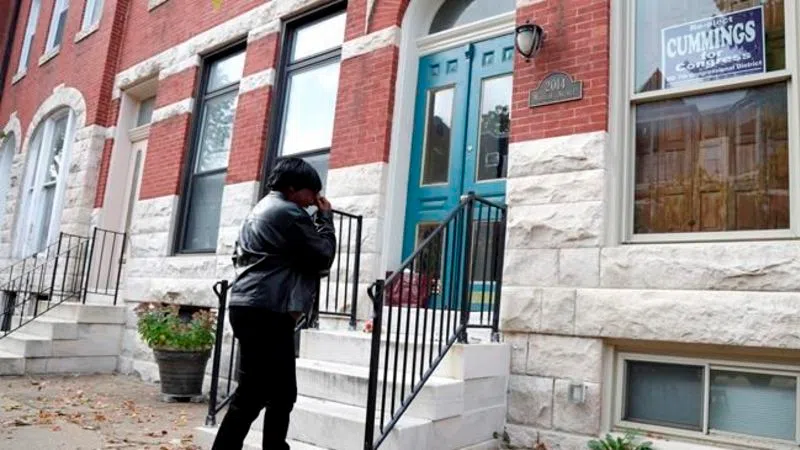
Cummings, powerful congressman leading Trump probe, has died
BALTIMORE — Maryland Rep. Elijah E. Cummings, a sharecropper’s son who rose to become a civil rights champion and the chairman of one of the U.S. House committees leading an impeachment inquiry of President Donald Trump, died Thursday of complications from longstanding health problems. He was 68.
Cummings was a formidable orator who advocated for the poor in his black-majority district , which encompasses a large portion of Baltimore and more well-to-do suburbs.
As chairman of the House Oversight and Reform Committee, Cummings led investigations of the president’s government dealings, including probes in 2019 relating to Trump’s family members serving in the White House.
Trump criticized the Democrat’s district as a “rodent-infested mess” where “no human being would want to live.” The comments came weeks after Trump drew bipartisan condemnation following his calls for Democratic congresswomen of colour to go back to their “broken and crime-infested countries.”


